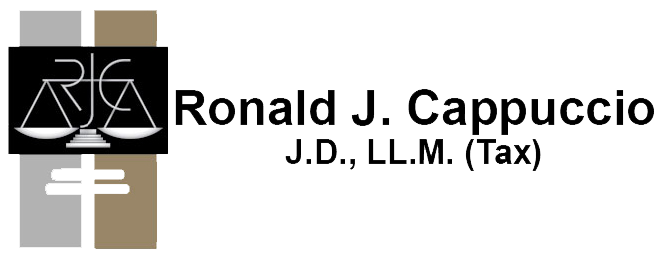Cancellation Of Debt Income On Home Foreclosures
Tax Impact Of Foreclosure Of Principal Residence
A house foreclosure results in the cancellation of indebtedness, which is normally taxable under the Internal Revenue Code. The tax law changes in the 2007 Mortgage Relief Act eliminate this income or most foreclosures occurring before 2013.
The tax relief comes in the special provision Qualified Principal Indebtedness Exclusion, and up to $2 million of cancellation of debt (COD) can be excluded under this provision. To qualify for the exclusion:
- The COD transaction must occur before 2013.
- The cancelled debt must have been originally incurred to acquire, construct or improve the taxpayer’s principal residence.
- The debt must be secured by that residence.
The taxpayer’s basis (generally what was paid for the house plus the costs of any improvements) in the residence is reduced, but not below zero, by the amount excluded under this exception.
The result is any excluded COD will decrease any loss (or increase any gain) on the sale of the residence. Usually this does not matter since the loss is not deductible, and any gain up to $250,000 ($500,000 if married) generally qualifies for the home-gain exclusion, and is therefore not taxable.
